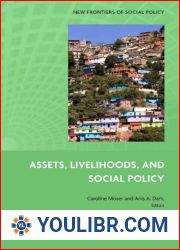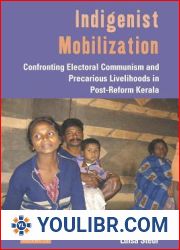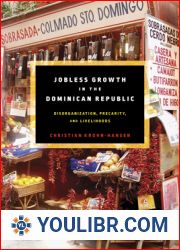
BOOKS - Assets, Livelihoods, and Social Policy (New Frontiers of Social Policy)


US $8.73

153420

153420
Assets, Livelihoods, and Social Policy (New Frontiers of Social Policy)
Author: Anis A. Dani
Year: May 14, 2008
Format: PDF
File size: PDF 2.8 MB
Language: English
Year: May 14, 2008
Format: PDF
File size: PDF 2.8 MB
Language: English
Given the lack of adequate universal social welfare for those unable to find jobs in the salaried formal sector, the livelihoods and well-being of most poor people depends heavily on their asset base. This includes their ability to access and accumulate assets, obtain decent returns from these assets, and use their asset base to manage risks. 'Assets, Livelihoods, and Social Policy' discusses the diverse strategies adopted by people in different contexts to accumulate assets through migration, housing investments, natural resources management, and informal businesses. An asset-based social policy can strengthen asset accumulation strategies as well as help the poor overcome the constraints of unfavorable institutional environments.To a considerable extent, asset accumulation strategies depend on the agency exercised by people themselves through individual or collective action. At the same time, the status of policies and institutions can enable or hinder these strategies and affect livelihood outcomes. In synthesis, the case studies lead to the differentiation among three different types of policies that affect outcomes by directly influencing access to assets by the poor - such as land, housing, natural resources, or credit. - policies and public investments that change the nature of returns on assets - such as investments in rural roads, agricultural inputs, and market development. - policies that transform the value of assets held by the poor by virtue of administrative decisions that increase or reduce value - such as re-classification of land from arable or pasture to protected lands, land use regulations affecting resource use, or modification in regulations governing labor rights or migration. The chapters, originally commissioned to re-examine major gaps in knowledge and development practice ten years after the Copenhagen Summit on Social Development, are authored by leading scholars from economics, anthropology, sociology, geography, and development studies. This book is part of a new series, New Frontiers in Social Policy, which examines issues and approaches to extend the boundaries of social policy beyond conventional social services toward policies and institutions that improve equality of opportunity and social justice in developing countries. Other titles in the series include Inclusive Social Policy and Structural Inequalities, and Institutional Pathways to Addressing Inequality Traps.














































